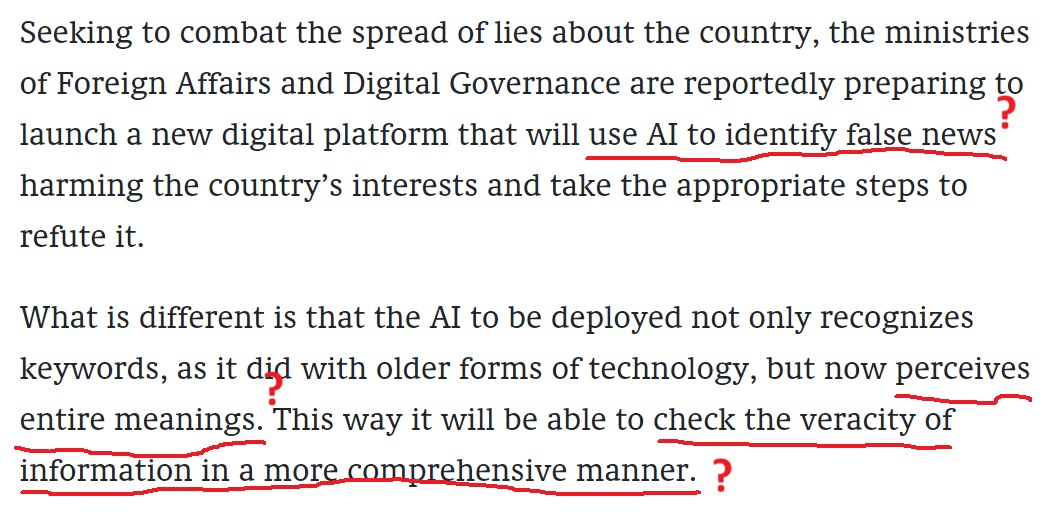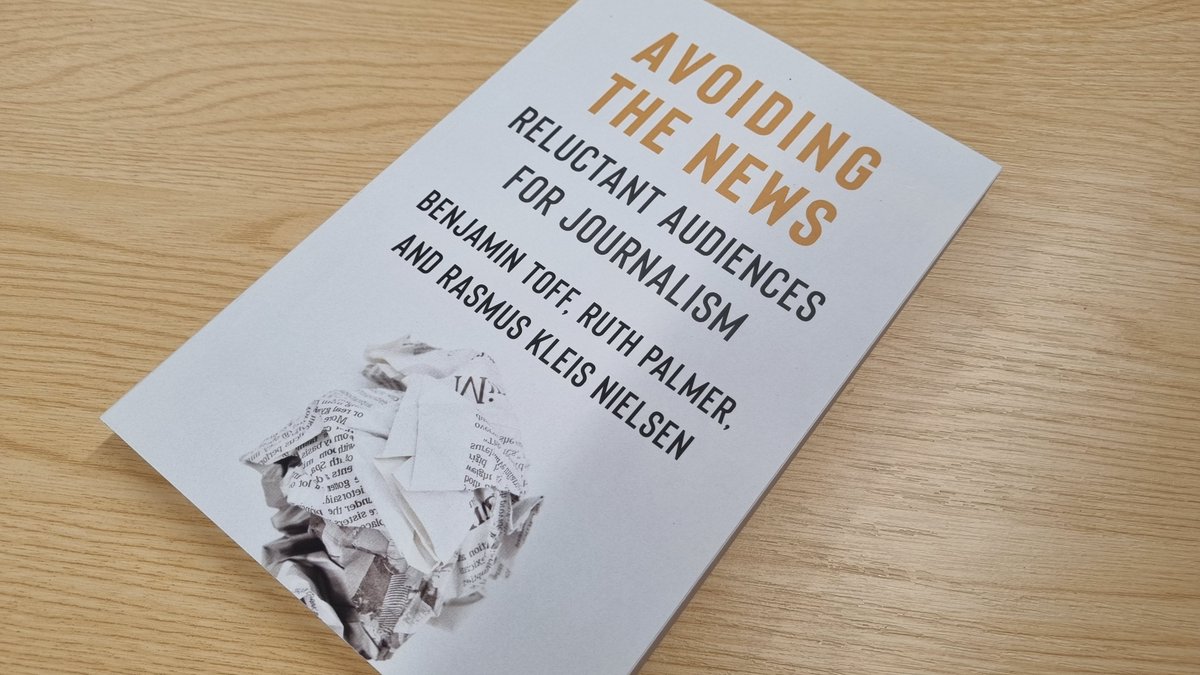Public service should also receive fees from FB+G, Labour says in Australia as political discussions around News Media Bargaining Code continue.
What this might mean for private news media? Below for some 2017 numbers from UK that may give indication 1/5
theguardian.com/media/2020/sep…
What this might mean for private news media? Below for some 2017 numbers from UK that may give indication 1/5
theguardian.com/media/2020/sep…
In 2017, @antoniskalog @dragz @nicnewman led on a passive-tracking study in the UK. Note, we were only able to collect desktop usage at the time, so limited dataset. See e.g. here digitalnewsreport.org/publications/2… and here for more details journals.sagepub.com/doi/abs/10.117… 2/5
The descriptive numbers are interesting. The BBC alone accounted for 41% of all stories read, same as next five combined.
BBC dominated direct discovery in particular (49% of stories), more than next five combined.
What did it look like on Facebook and Google? 3/5
BBC dominated direct discovery in particular (49% of stories), more than next five combined.
What did it look like on Facebook and Google? 3/5
BBC still big, but much less dominant.
14% of stories in our dataset that people accessed via FB, 12% via search.
Private media like Guardian, Mail Online, Telegraph, BuzzFeed, HuffPost all did better via social and/or search than direct. (A few did worse: MSN News, Times) 4/5
14% of stories in our dataset that people accessed via FB, 12% via search.
Private media like Guardian, Mail Online, Telegraph, BuzzFeed, HuffPost all did better via social and/or search than direct. (A few did worse: MSN News, Times) 4/5
As said, (a) 2017 data, (b) desk-top only, (c) 🇬🇧≠🇦🇺. But perhaps still indicative? If so, large chunck of any money might go to public service, and reminder direct traffic is winner-takes-most, while more different publishers seem to benefit from social and search traffic? 5/5
• • •
Missing some Tweet in this thread? You can try to
force a refresh











